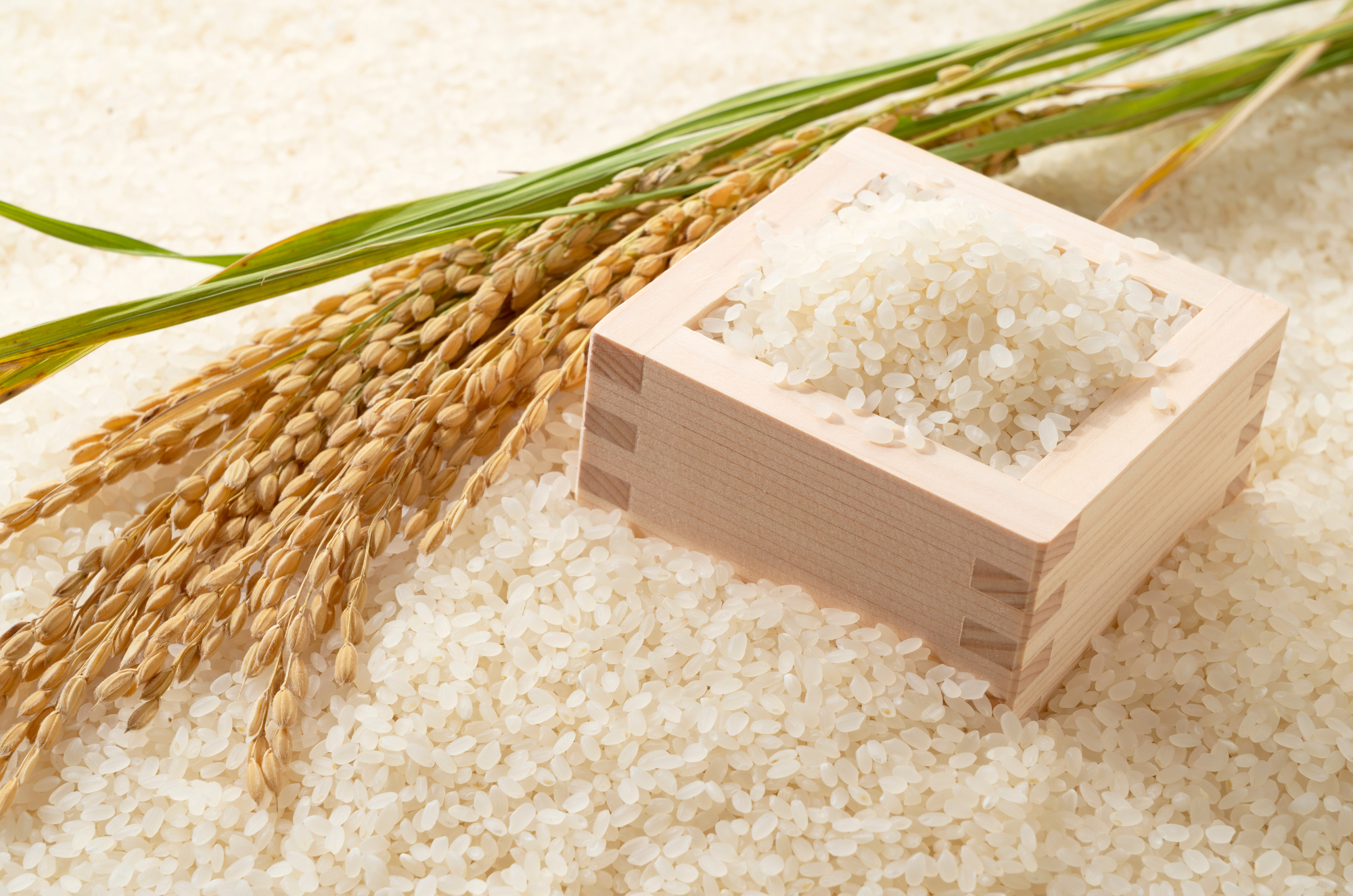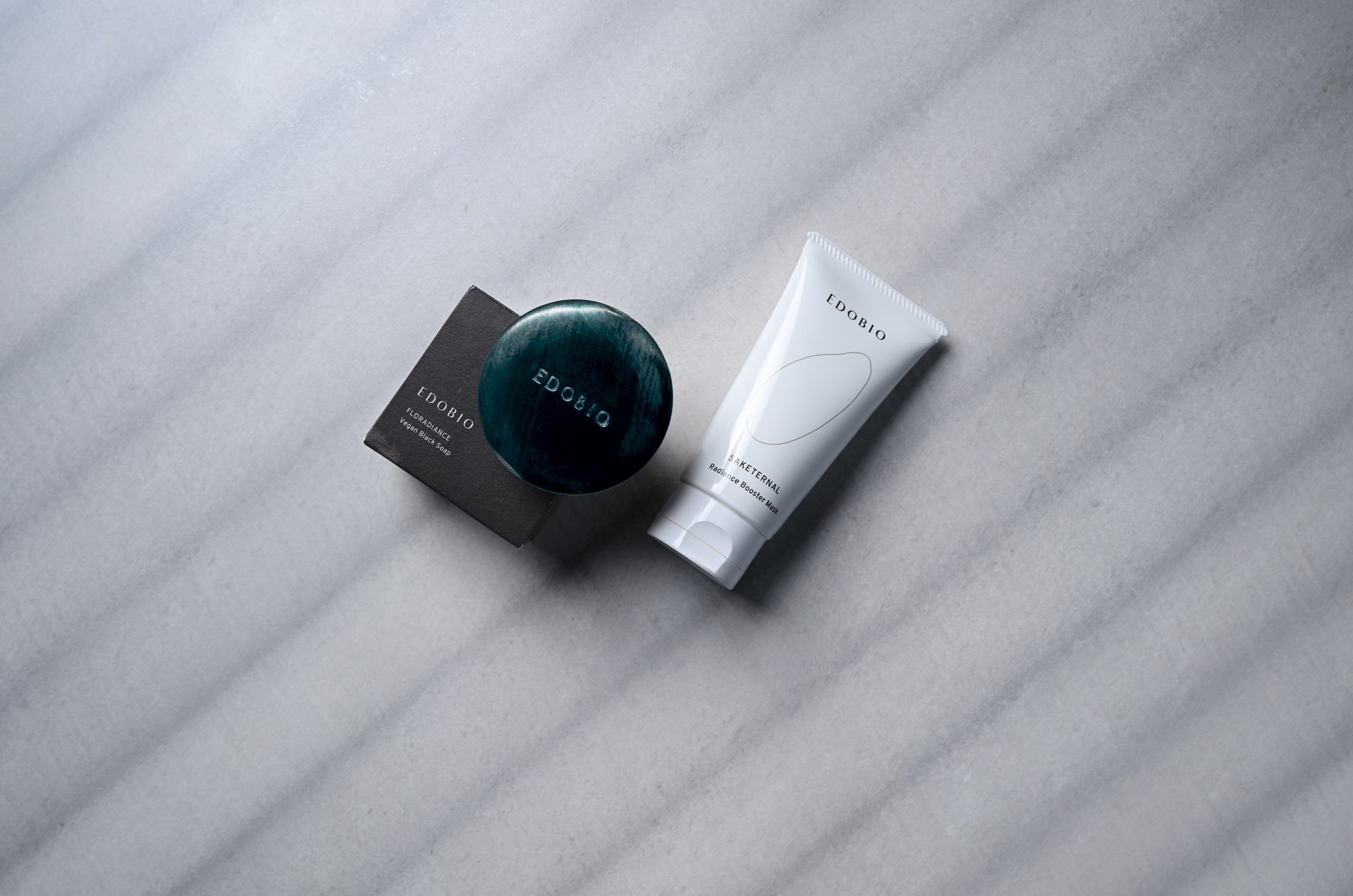
The History and Usage of Masu
Masu are traditional Japanese wooden boxes originally used to measure portions of rice during the Edo period. Though commonly used only as food today, during this time period many citizens of Japan used rice as a form of currency. The standard masu box was used to measure rice accurately for trade, taxation, and other economic transactions. The most common size was the **ichigō** masu, which holds approximately 180 milliliters (6.1 fluid ounces) of rice.
The Masu Box Today

Masu have a rich history and cultural significance extending far beyond this practical purpose. Along with the high value placed on these masu, the boxes have come to be seen as good luck in many parts of Japan. Masu directly translates to “growth” in Japanese and are often used in sacred rituals throughout the country.
While they are no longer essential for measuring rice, the masu have become popular in various aspects of Japanese culture, particularly in culinary and ceremonial contexts. Masu are now commonly used as drinking vessels for sake, where the sake is often poured until it overflows into a saucer, symbolizing prosperity and generosity. They are also used in ceremonial events such as weddings and New Year celebrations. It is also customary for farmers to offer beans in a masu box to pray for a bountiful harvest the day before the official beginning of spring.
Material and Craftsmanship

Traditionally, masu are crafted from hinoki (Japanese cypress) or sugi (Japanese cedar), valued for their aroma and durability. The Japanese cypress is valued for its fresh fragrance, which has been scientifically proven to have both a relaxing and refreshing effect.
The construction of masu is a testament to Japanese woodworking craftsmanship, typically assembled without the use of nails, using precise joinery techniques that ensure the box's sturdiness and longevity. The environmentally friendly boxes are created without having to cut down trees, all formed with recycled wood that did not meet the standards of regular building wood.
Our award-winning Edobio Masu Soap uses comes in its very own masu box; this is done not only to add an extra layer of relaxation to the product, but also to honor Edobio’s Japanese roots. Our use of masu helps Edobio create a distinctive brand identity that captures attention and resonates with consumers who appreciate tradition and quality, as well as expect consistency with high-quality products.
Conclusion

Masu have also become a symbol of good fortune and prosperity. Thanks to its association with rice, a staple and historically significant food throughout Japanese culture, the symbolism is reinforced. It is not rare to see these boxes given as gifts or used in rituals that seek to invoke luck and abundance.
Edobio’s use of masu in packaging is a strategic choice that blends tradition with modernity, sustainability with luxury. It reflects a deep respect for Japanese culture and craftsmanship, while meeting contemporary consumer demands for eco-friendly and visually appealing products.





Leave a comment
This site is protected by hCaptcha and the hCaptcha Privacy Policy and Terms of Service apply.